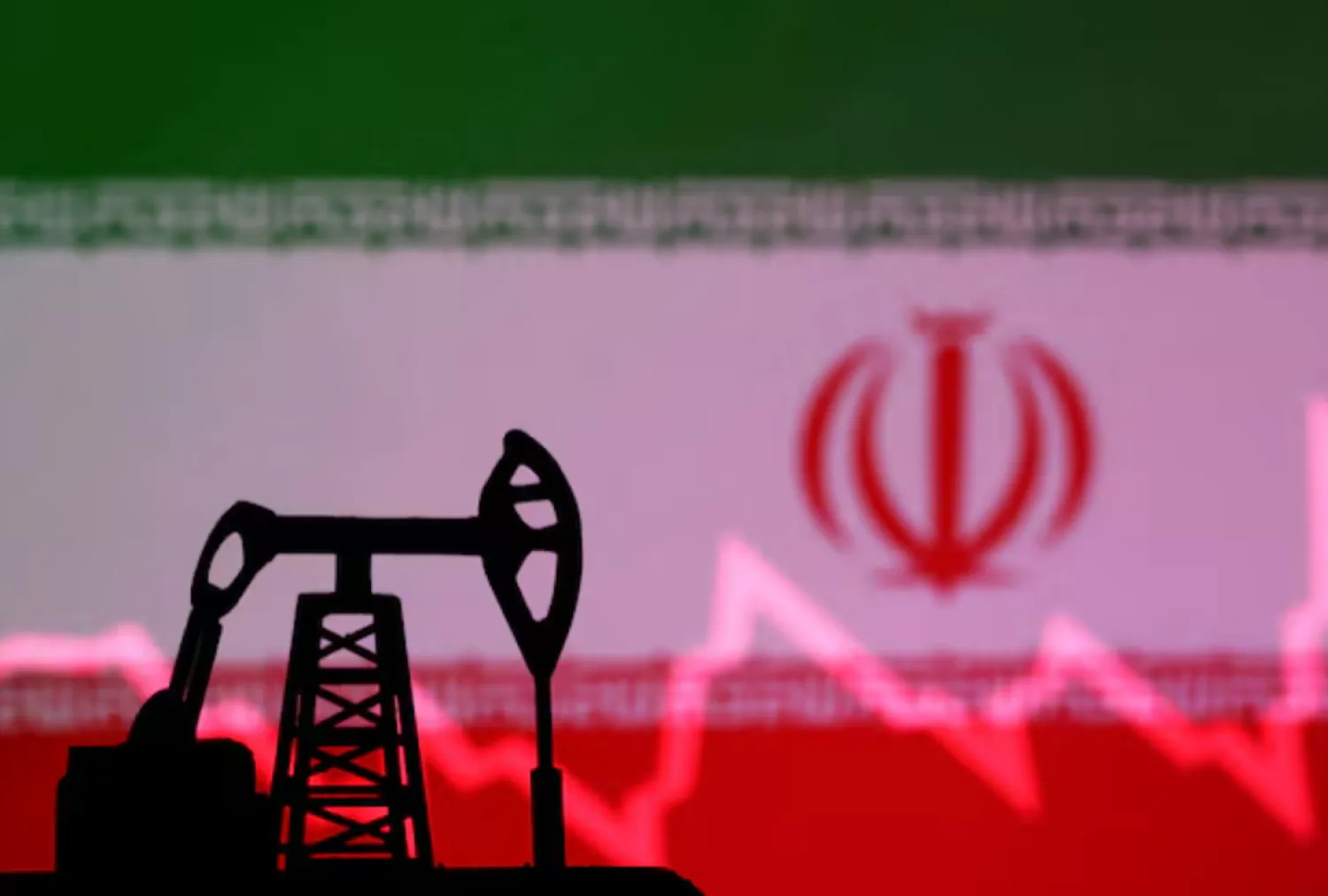Rapid global warming could almost triple the number of migrants reaching the European Union by 2100, adding to factors such as war and persecution that force people to leave home, scientists said.
The study, criticized by some other researchers as exaggerated, said asylum applications to the EU from 103 nations tended to rise in the 2000-2014 period when temperatures at home were far hotter or colder than the ideal for growing maize.
It projected that applications could surge to 1.01 million a year by 2100 from an average 351,000 from 2000-14 under a scenario of a big rise in temperatures that would hit harvests. Under a scenario of less warming, applications could rise 28 percent.
“A lot of things can happen by the end of the century - countries can become democracies, they can become dictatorships,” senior author Wolfram Schlenker, a Columbia University professor of economics, told Reuters, referring to factors that cause migration.
The findings published in the journal Science and requested by the European Commission examined trends this century, before a migration surge in 2015 caused by Syria’s war.
Some other scientists were doubtful about the findings.
“The evidence so far on the impacts of climate change on migration is still quite weak,” said Jan Selby, a professor of international relations at the University of Sussex, Reuters reported.
Global warming is likely to be slightly less severe than previously expected thanks to stronger climate policies by China and India that will offset less U.S. action under President Donald Trump, a study showed.
But average world temperatures are still on track to rise far above the key goal set in the 2015 Paris Agreement of limiting warming to “well below” two degrees Celsius (3.6 Fahrenheit) above pre-industrial times, it said.
The Carbon Action Tracker (CAT) report, by three independent European research groups, said current policies meant the world was headed for a warming of 3.4 degrees Celsius (6.1 Fahrenheit) by 2100, down from 3.6 degrees (6.5) it predicted a year ago.
“This is the first time since the CAT began tracking action in 2009 that policies at a national level have visibly reduced its end of century temperature estimate,” it said.
China was on track to over-achieve its pledge under the Paris Agreement to peak its carbon emissions by 2030, it said. And India was also making progress to limit a surge in emissions driven by more coal use.
A rise of 3 degrees Celsius (5.4F) in global average temperatures could cause loss of tropical coral reefs, Alpine glaciers, Arctic summer sea ice and perhaps an irreversible melt of Greenland’s ice that would drive up world sea levels, a UN science panel says, Reuters reported.
Trump, who doubts that climate change is primarily caused by man-made greenhouse gas emissions, said in June that he would instead focus on promoting jobs in the US fossil fuel industry.
Bill Hare of Climate Analytics, one of the research groups, told reuters: “While China an India’s emissions growth have slowed, they are still growing,” especially in India, he said. “The most fundamental step to halt the global emissions growth now is for coal plants to be phased out in many countries.”









